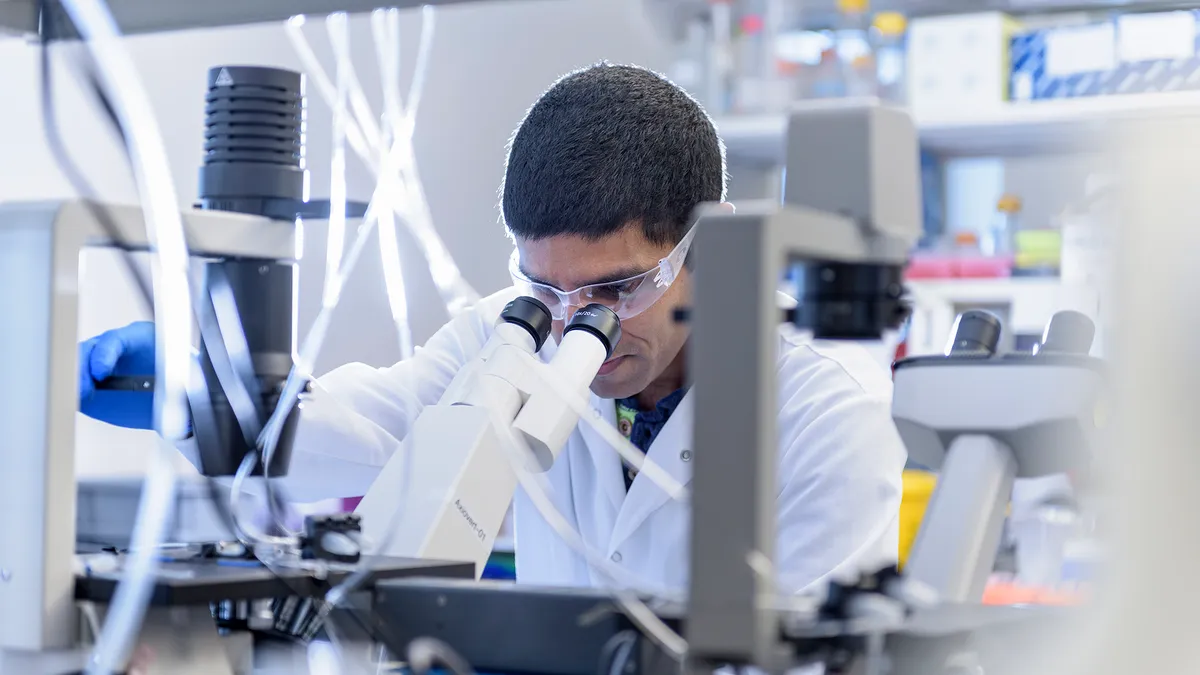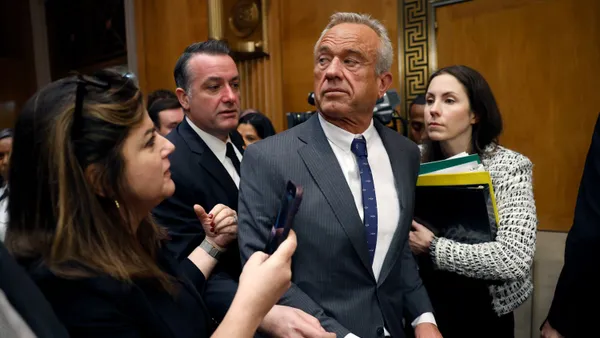Dive Brief:
- The Centers for Medicare and Medicaid Services (CMS) said Friday it will raise user fees for laboratories certified under the Clinical Laboratory Improvement Amendments statute of 1988 to help cover general costs of running the program, which regulates and sets quality standards for laboratory tests from human specimens for about 260,000 U.S. labs.
- CMS projects that a 20% overall fee increase is needed to keep the CLIA program going through fiscal year 2021. Fees haven’t been raised in 20 years and are no longer sufficient to maintain services, the agency said in a document officially published to the Federal Register Monday.
- The agency is asking for public comments on revisions to the CLIA fee methodology to be submitted by March 1, 2019.
Dive Insight:
CMS shares responsibility for the CLIA program with the FDA and the Centers for Disease Control and Prevention. FDA in November reissued draft guidance recommendations on how in vitro diagnostics manufacturers can apply for CLIA waivers.
CLIA program tests include health assessments and diagnostics for preventing or treating disease. Exceptions include employment-related drug testing, tests for criminal investigations, and research for which patient-specific results are not reported.
A clinical lab must be certificated by its state and CMS before accepting human samples. Labs obtain multiple types of CLIA certificates based on the kinds of diagnostic tests they conduct. Certificates are issued on a fee basis, with additional fees including inspection fees assessed for non-accredited laboratories.
CMS said many respondents to its January 2018 request for information about increasing the CLIA fees were receptive to the idea. The current fee schedule is based on assumptions made in 1992 about program operations and workload. A 20% increase in funding is needed to ensure accurate and reliable testing and to keep the program self-sustaining, the agency said.













